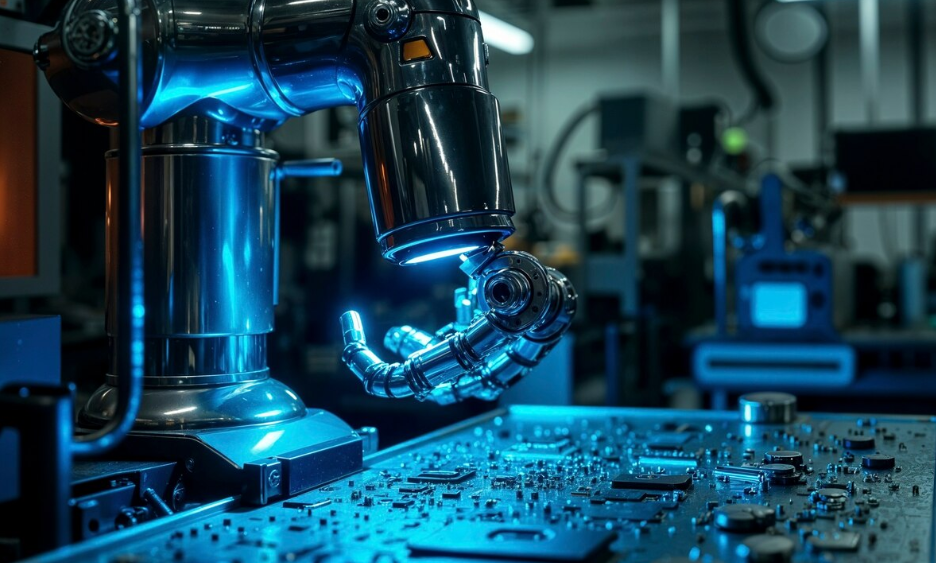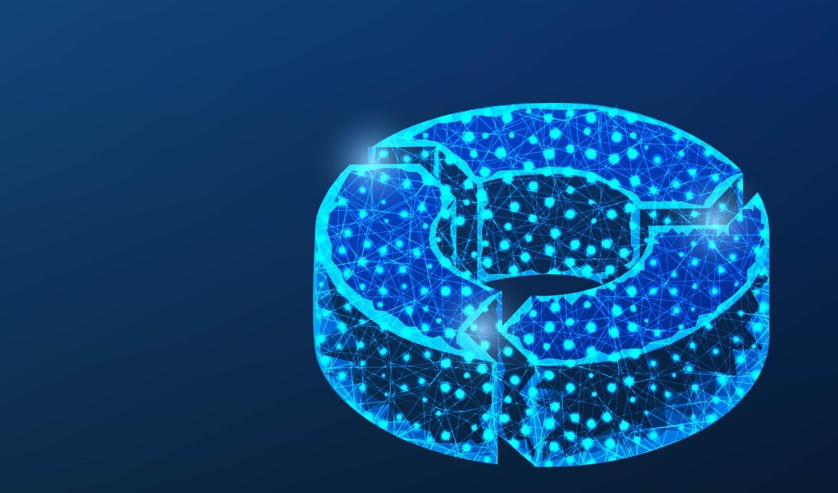In recent years, two fields have emerged at the forefront of technological innovation: biotechnology and artificial intelligence (AI). These two domains, once considered separate, are now intersecting in powerful ways, leading to groundbreaking advancements in medicine, agriculture, environmental science, and more. This intersection of biotechnology and AI holds the potential to reshape our understanding of biology, accelerate scientific discoveries, and offer new solutions to some of the world’s most pressing challenges.
Understanding Biotechnology and Artificial Intelligence
Before exploring their intersection, it’s essential to define both fields:
- Biotechnology: The use of biological systems, organisms, or derivatives to develop products or technologies that benefit society. This includes genetic engineering, pharmaceuticals, biofuels, and agricultural innovations.
- Artificial Intelligence: The branch of computer science focused on creating machines capable of performing tasks that would typically require human intelligence, such as problem-solving, learning, and decision-making. AI encompasses machine learning, neural networks, natural language processing, and robotics.
When combined, biotechnology and AI work synergistically to analyze vast amounts of biological data, predict outcomes, and automate processes that were previously too complex or time-consuming for human researchers.
Key Areas of Impact
1. Drug Discovery and Development
One of the most promising intersections of biotechnology and AI is in the field of drug discovery. Traditionally, developing a new drug is a lengthy and costly process, often taking years of trial and error. However, AI is significantly accelerating this process by:
- Predicting Molecular Behavior: AI algorithms can predict how different molecules will behave, helping scientists design better drugs with higher efficacy and fewer side effects.
- Automating High-Throughput Screening: AI can rapidly analyze massive datasets of chemical compounds to identify potential candidates for further study, saving both time and resources.
- Personalized Medicine: By combining genetic data with AI, researchers can create drugs tailored to individuals’ genetic profiles, improving treatment outcomes and minimizing adverse effects.
For example, AI tools like IBM’s Watson for Drug Discovery have been used to help identify potential treatments for diseases such as cancer and Alzheimer’s by analyzing biomedical literature and clinical trial data.
2. Genomic Research
The combination of biotechnology and AI is revolutionizing genomic research. The human genome is incredibly complex, and understanding it requires processing vast amounts of data. AI plays a crucial role in:
- Gene Editing: AI algorithms are used to enhance the precision of CRISPR and other gene-editing technologies, improving their ability to target specific genes without unintended consequences.
- Genomic Data Analysis: AI is capable of analyzing genomic sequences much faster than traditional methods, identifying mutations, and uncovering patterns that can lead to new insights into diseases and genetic disorders.
AI-powered tools like DeepMind’s AlphaFold, which predicted the 3D structures of proteins, have significantly advanced our understanding of biology and may lead to breakthroughs in genetic therapies.
3. Precision Medicine
Precision medicine, which tailors medical treatment to individual characteristics, is another area where biotechnology and AI converge. By analyzing a person’s genetic makeup, lifestyle, and environmental factors, AI can help create personalized treatment plans that are far more effective than the traditional one-size-fits-all approach.
- AI and Biomarkers: AI algorithms are trained to identify biomarkers that predict disease susceptibility, progression, and treatment response. This helps physicians create more accurate and personalized treatment regimens.
- Predictive Analytics: AI can also predict disease onset or progression by analyzing patterns in patient data, leading to earlier intervention and more effective treatments.
The use of AI in precision medicine has the potential to transform the healthcare industry, offering more effective treatments and improving patient outcomes.
4. Agricultural Biotechnology
AI and biotechnology are also converging in the field of agriculture, where innovations are needed to address global food security challenges. Biotechnology, through genetic engineering, has already led to the development of genetically modified crops that are resistant to pests, diseases, and environmental stress. AI enhances these efforts by:
- Precision Agriculture: AI-powered tools can analyze data from sensors, satellites, and drones to monitor soil health, weather patterns, and crop growth. This helps farmers make informed decisions about irrigation, fertilization, and pest control, ultimately increasing crop yields while reducing environmental impact.
- Genetic Engineering for Crop Improvement: AI helps identify beneficial genes for crop improvement, leading to the development of genetically engineered crops with better nutritional value or greater resilience to climate change.
These advancements not only help ensure food security but also promote sustainable agricultural practices by reducing the need for chemical pesticides and fertilizers.
5. Environmental Biotechnology
The intersection of biotechnology and AI is also playing a significant role in environmental sustainability. AI can analyze large datasets related to pollution, waste management, and biodiversity, providing insights into how biotechnology can help mitigate environmental harm.
- Bioremediation: AI algorithms are used to identify and optimize microorganisms or plants that can help clean up pollutants from soil, water, and air. These biotechnological processes offer a sustainable way to address environmental pollution.
- Climate Change Solutions: AI can model climate change scenarios, helping scientists design biotechnologies to reduce carbon emissions, sequester carbon, or adapt to changing environmental conditions.
For example, AI is being used to optimize the growth of algae for biofuel production, offering a potential renewable energy source that could reduce reliance on fossil fuels.
Challenges and Ethical Considerations
While the intersection of biotechnology and AI offers immense potential, it also raises important challenges and ethical concerns:
- Data Privacy and Security: The use of genetic data and personal health information in AI models raises significant privacy issues. Ensuring that this data is protected and used responsibly is critical.
- Bias in AI Models: AI algorithms can perpetuate biases if they are trained on biased datasets. This is particularly concerning in healthcare, where biased AI models could lead to unequal treatment and healthcare disparities.
- Ethical Implications of Gene Editing: The use of AI to enhance gene-editing technologies like CRISPR brings up ethical questions about “designer babies” and the potential for unintended consequences in the human gene pool.
- Job Displacement: As AI becomes more integrated into biotechnology, there is concern that certain jobs, especially in research and healthcare, could be automated, leading to job displacement.
The Future of Biotechnology and AI
The future of biotechnology and AI holds incredible promise. As AI continues to evolve, its ability to process and analyze complex biological data will only improve. This will likely lead to further advancements in drug discovery, personalized medicine, agriculture, and environmental sustainability. However, it is essential to continue addressing the ethical challenges and ensure that these technologies are developed and used responsibly.
By combining the power of biotechnology with the intelligence of AI, we stand at the threshold of a new era in scientific discovery and innovation—one that could transform the way we approach health, food, and the environment.
Conclusion
The intersection of biotechnology and artificial intelligence is an exciting and rapidly growing field with the potential to transform industries and improve the quality of life across the globe. From revolutionizing healthcare to addressing environmental challenges, the synergy between these two technologies promises a future filled with innovation. However, as we move forward, it is crucial to consider the ethical implications and ensure that these technologies are used for the benefit of society as a whole.


